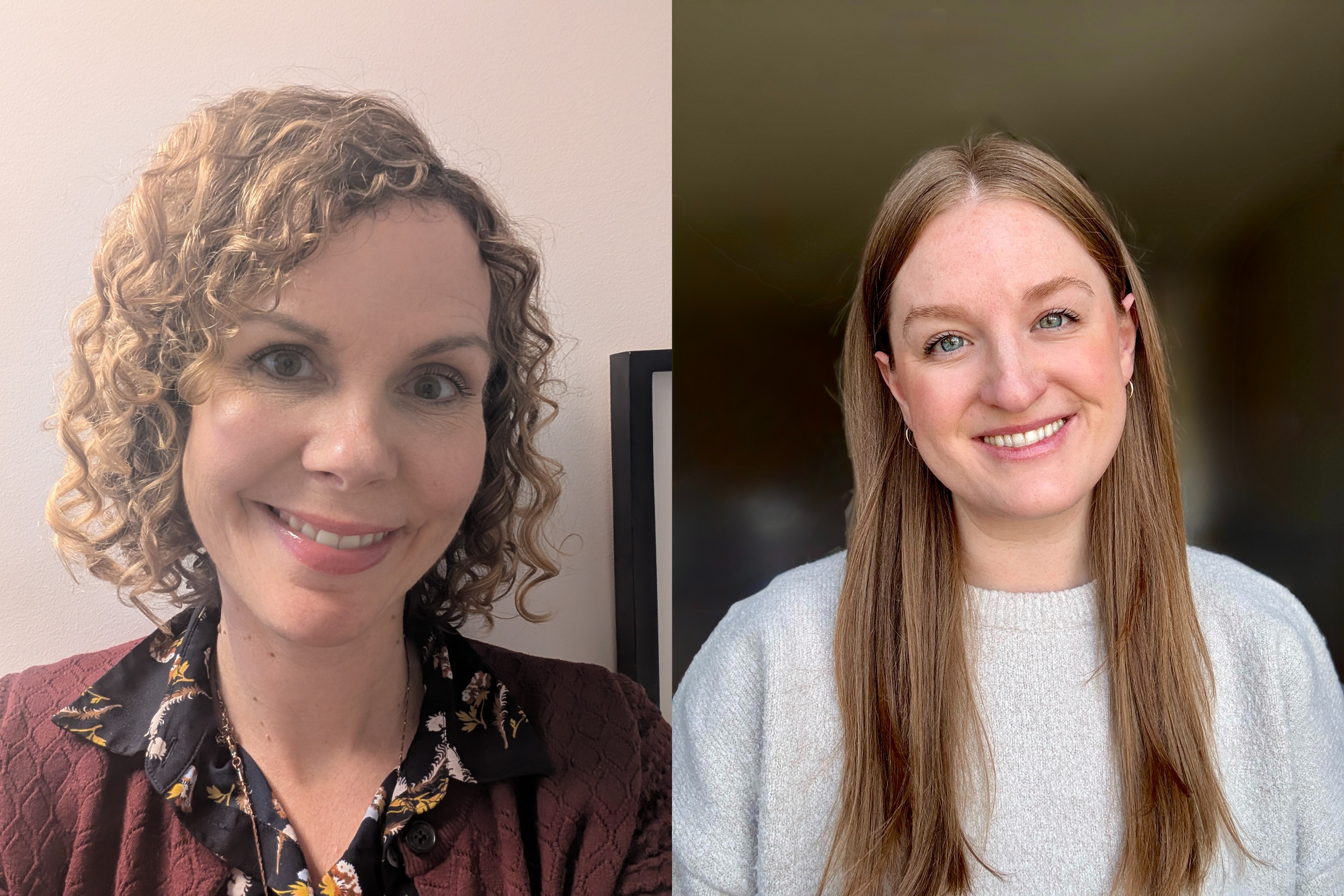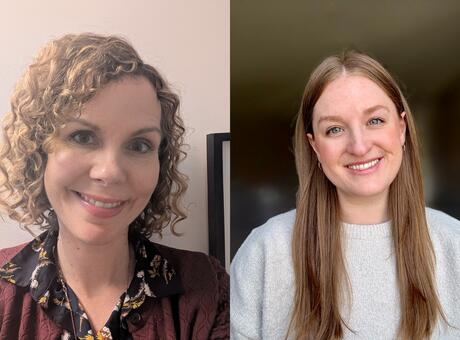Funding gaps in blood cancer research to best meet the needs of Canadians
Your type of blood cancer matters; your quality of life matters – those are the principles driving all LLSC decisions in funding Canadian research.
We not only fund the best science in Canada, we also focus on overlooked, underfunded research into treatments, cures and quality of life issues that our blood cancer community needs, such as:
- Less commonly studied blood cancers including myeloma, MDS, MPN and rare subtypes of lymphoma, as well as the more commonly studied leukemia and lymphoma.
- Under-studied Canadian populations with blood cancer: those living in rural/remote communities; women’s health issues; racialized and marginalized people, young adults.
- Under-studied care models to improve the quality of life for people impacted by a blood cancer.
In fact, 61% of LLSC’s investment goes to this kind of overlooked, under-funded blood cancer research in Canada!
For example, this year and last year's LLSC-funded research includes:
- New immune-targeted therapies for multiple myeloma; and understanding myeloma in people under the age of 50
- The care needs of people with lymphoma living in northwestern Ontario where people are dispersed over a large area but serviced by only one major acute care hospital
- Early palliative care to improve quality of life for people with relapsed B-cell lymphoma
- The blood cancer experience of older adults in the South Asian Canadian community
- How might certain MDS patients come off blood transfusions
- Side effects from stem cell transplants where women's genital and sexual health is affected
Partnering for the biggest impact

To reach maximum impact for the blood cancer community as quickly as possible, LLSC leads the way in co-funding partnerships with aligned organizations including Myeloma Canada, the Cancer Research Society, the Canadian Cancer Society, and AstraZeneca Canada.
Attracting & supporting the next generation of scientists
To ensure that blood cancer research continues to flourish across Canada for many years to come, LLSC offers a grant for early-career scientists. More than one young researcher has started or grown their career in blood cancer because of our grant, and they continue to be funded for further work. Diversity, equity and inclusion is embedded in our research program, too. Just shy of half of this year's research grant recipients are female, up from a third in the previous two years.
This year Dr. Inna Gong receives our early-career grant, called the Physician-Scientist Fellow Award, for her work studying why CAR T-cell therapy works for some people with lymphoma, but not others, looking at the state of a patient’s immune cells before therapy. Uncovering biological indicators (biomarkers) that signal which patients are more likely to benefit from CAR-T, her objective is to improve the personalization of treatments.
Focus on young adult survivors of blood cancer
Drs. Sophie Lebel and Brooke Russell, University of Ottawa, receive our Blood Cancer Quality of Life Grant this year for their work addressing overwhelming and persistent fear of cancer recurrence in young survivors. They will assess if therapist-lead group sessions for teens and young adults across Canada can improve their quality of life and mental health.

These are just 3 of the 21 scientists funded this year by LLSC, which has the only blood cancer research program in Canada built and sustained entirely by Canadians nationwide.
We do not receive government funding, giving us the freedom to move quickly to support vital research when and where the blood cancer community needs it the most. Our program is funded entirely by the generosity of the Canadian community which recognizes the value of critical blood cancer research.
